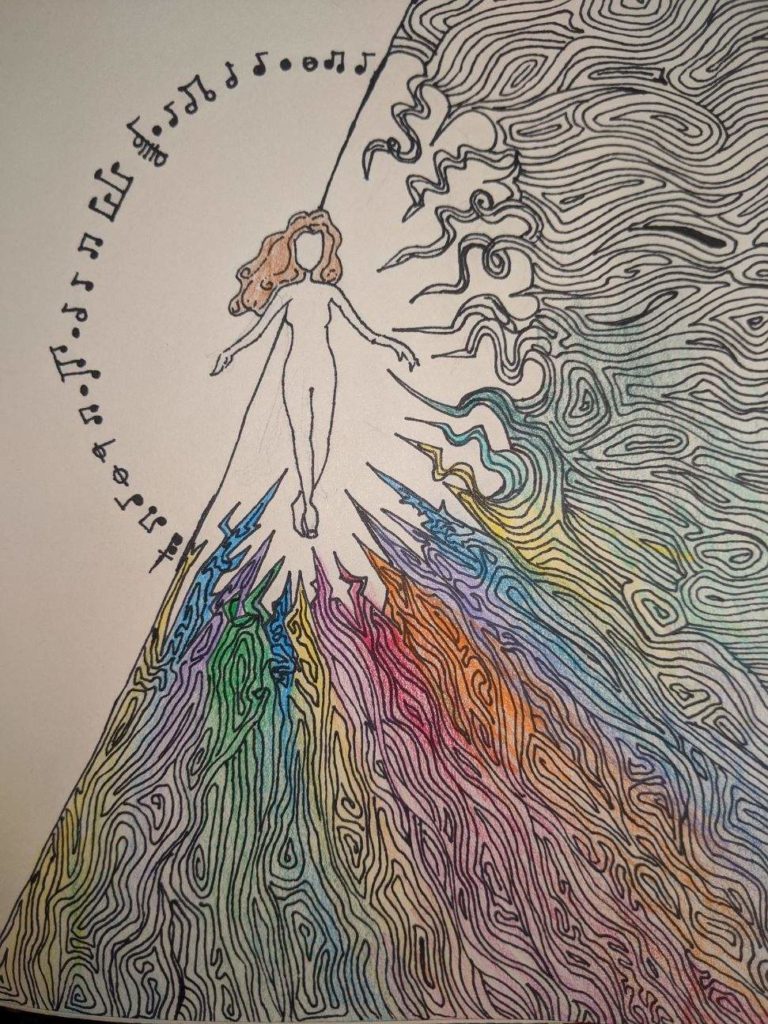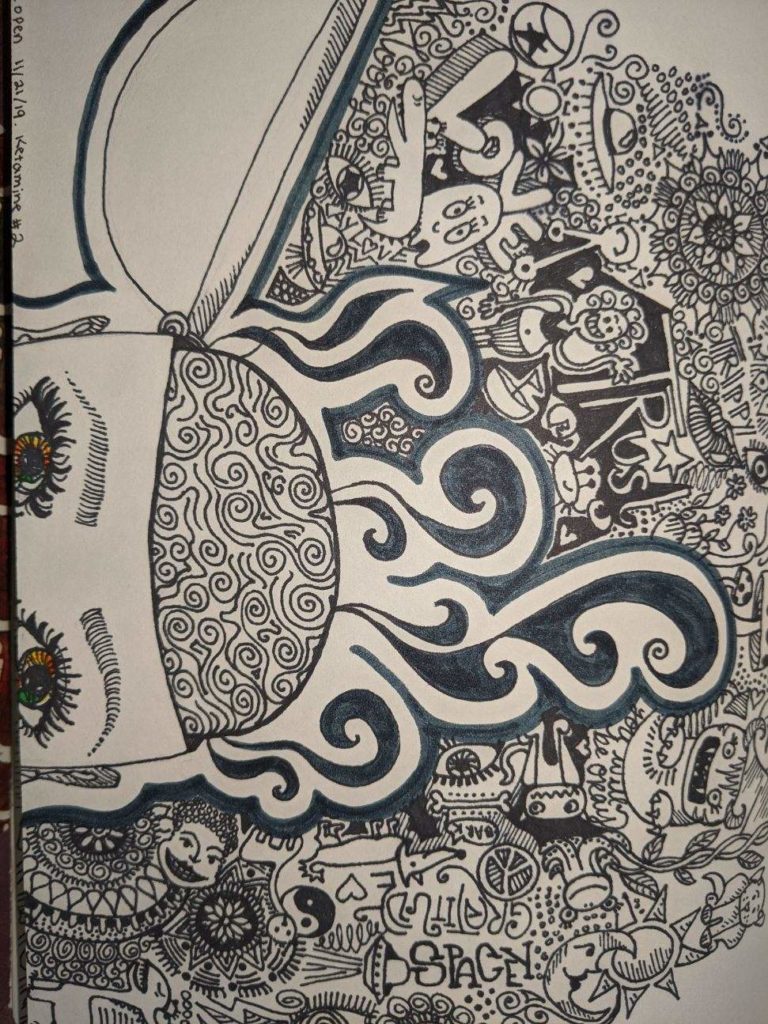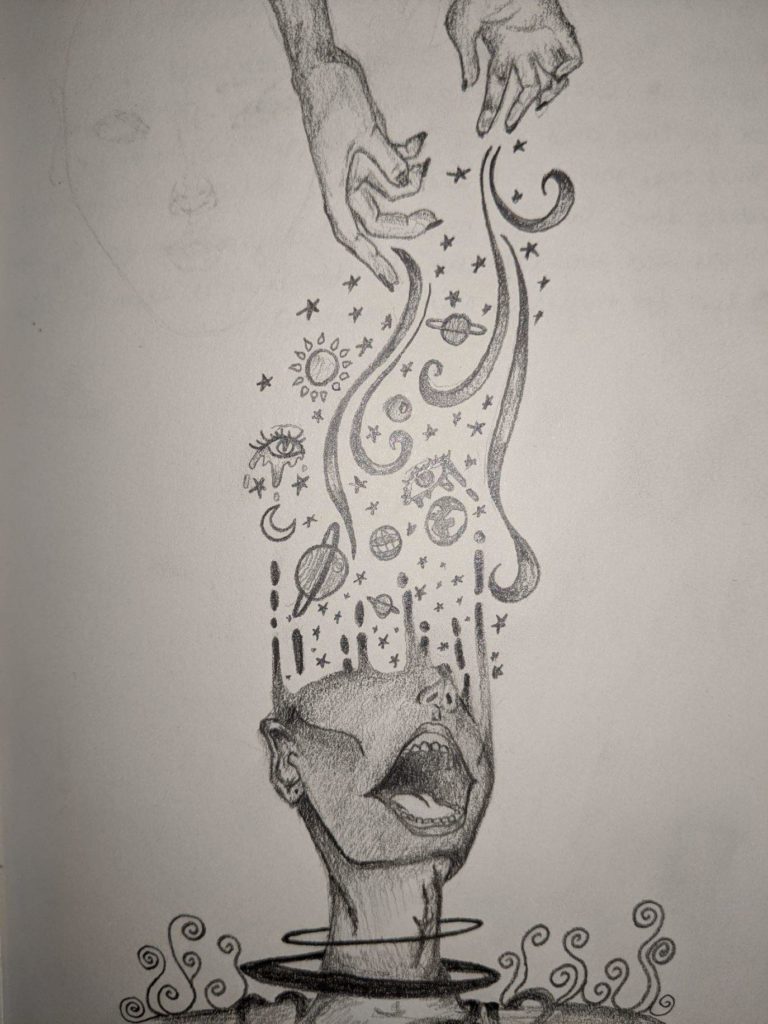![]() Want to get more details ?
Want to get more details ?
THE WORLD HEALTH ORGANIZATION HAS PLACED KETAMINE
ON THEIR ESSENTIAL MEDICINES LIST
Transforming lives & new giving hope to people suffering from Depression.Chronic Pain.PTSD.
Ketamine works by repairing brain systems damaged by chronic stress, possibly by modulation of the glutamate neurotransmitter and increasing neuroplasticity (stimulating growth of the connections between brain cells). Ketamine disrupts negative and maladaptive brain networks, allowing new positive connections to form in their place. Some have described this as similar to rebooting a computer when it is no longer functioning properly.
Ketamine, one of the most widely used medications in the world, has traditionally been used for pain control and anesthesia. Research and recent studies indicate that low dose ketamine is highly effective in treating refractory depression, posttraumatic stress disorder (PTSD), chronic pain and addiction. Even in cases of severe depression unresponsive to other medical treatment, ketamine infusions are effective for over ⅔ of patients. Unlike many other conventional therapies, people can have profound relief from their symptoms within hours of ketamine treatment.
Safe, Secure & Confidential
The initial evaluation is $200. The cost of each infusion for mood disorders is $500. Financial assistance is available for qualified patients. The best evidence to extend the duration of ketamine´s benefit suggests continuing with a course of six infusions over two weeks, the National Institute of Mental Health protocol. Most patients then only require a single booster treatment every 1-3 months. For the treatment of chronic pain, which requires a much longer treatment based on the individual condition (up to five 4-6 hour infusions), the cost of each hour of infusion is $500. For those who find relief with ketamine, this treatment is cost effective when compared to the additive costs of psychotherapy, medications and hospitalization. Payment is due upon date of services. NM gross receipt tax applies. To respect the needs of our patients awaiting services, cancellations must be made more than 24 Hours in advance, with the exception of prior permission from clinic staff.

Initial Evaluation

Per Infusion
Unfortunately no. Ketamine was first used as an anesthetic, and has been approved by the FDA to be marketed as such. Ketamine’s use outside of that of an anesthetic is considered “off label,” and allowed when deemed medically appropriate by a physician. It is estimated that almost ¼ of all prescription medications sold in the United States, are prescribed “off label” like this. Hopefully soon, as the insurance industry appreciates the significant cost savings of ketamine treatment as compared to daily medications, frequent visits for psychotherapy or chronic pain and potential hospitalization, they will begin to reimburse this cost. You may use a health savings account (HSA) to pay for the treatment.
Ketamine is one of the most widely used medications in the world and has a very good safety profile. It is used daily on adults and children for sedation at doses up to 10 times the dose that we use for mood disorders and chronic pain. During the infusion, ketamine can cause a slight increase in blood pressure and heart rate. Ketamine causes most people to experience a pleasant euphoria, as well as positive changes in mood, cognition (thought processes) and perception. At higher doses, it can cause a feeling of an “out of body” experience. Although this can make some people anxious, most tolerate it well with adequate preparation and in the context of a safe and supportive setting. A small percentage of people have some nausea, which can be treated. The effects of ketamine wear off within 15 minutes of stopping the infusion.
Ketamine does not involve the reward systems typically present with other more addictive drugs in the brain and is generally not considered physically addictive. Some people do find the physical and psychological effects on mood, cognition and perception very pleasant and it has been known to be abused recreationally. However, at the low doses used in ketamine treatment, only given intermittently and under direct medical supervision, addiction is not a significant risk, and has not been observed in clinical studies.
What To Expect
TREATMENTS MAY BE TAILORED TO THE PATIENT’S SPECIFIC NEEDS AND ARE TYPICALLY DESCRIBED TO BE A PLEASANT OR EUPHORIC
We follow the ketamine treatment protocol that has been studied most in the treatment of depression. This is commonly referred to as the National Institute of Mental Health (NIMH) protocol. Depending on the condition, we may tailor the treatment to your specific needs. The ketamine treatment takes about an hour. When you arrive, your vital signs will be checked, and an IV will be placed. Ketamine is then administered intravenously slowly over 40 minutes. After about 20 minutes, you may notice changes in your perception, altered thought patterns and the feeling of being in a dream-like state. By the end of the 40 minutes you may feel a sense of being outside of your body. Most people describe the experience as pleasant or euphoric. You will be awake, but people often find it difficult to communicate. We recommend resting comfortably with eyeshades and calming music of your choice.




